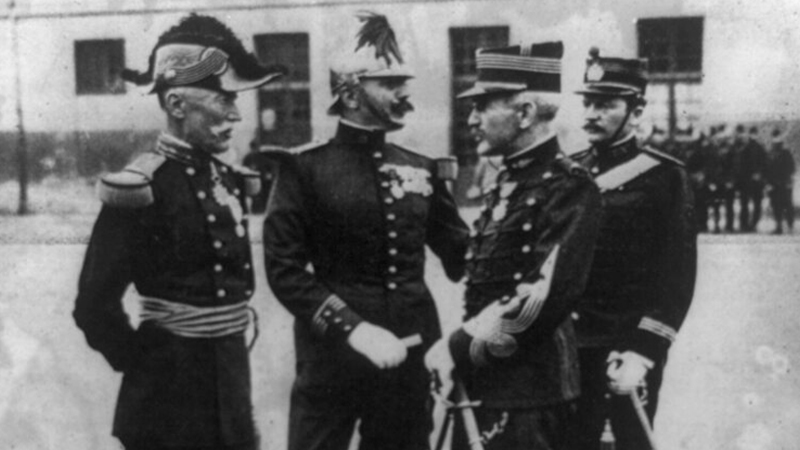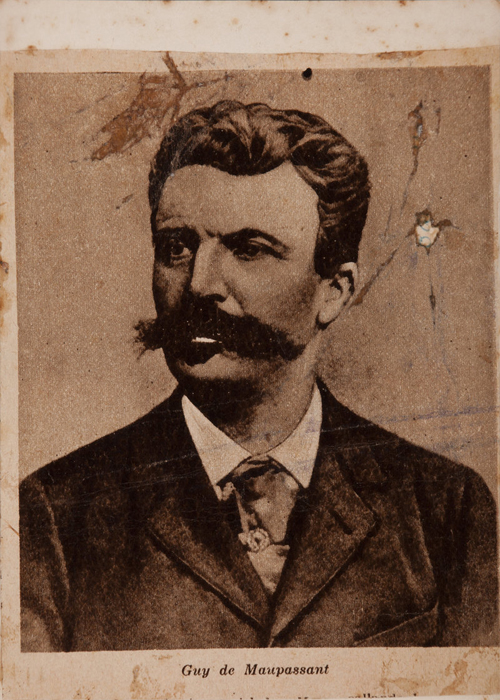In pre-Covid times, when we treated ourselves to a night out at a high-end restaurant, our expectations included delicious food, great service, and the perfect glass of wine to accompany our meal. But back in 1907 Paris, diners’ expectations looked a bit different, focusing heavily on servers’ facial hair — or, more specifically, the lack thereof.
In 20th-century France, most upscale restaurants prohibited servers from growing mustaches, in turn sparking what is now known as the Great Paris Mustache Strike of 1907.

While a facial hair ban may seem trivial today, in the early 1900s its implications were deeply rooted in classicism and social hierarchies. Throughout European history, the mustache had been seen as a sign of wealth and status, and by the 19th century, mustache-growing became en vogue for aristocratic Frenchmen.
Soon, almost all soldiers were required to grow mustaches, except for some low-ranking servicemen who were expressly forbidden to do so. The mustache, then, became a sign of respect, class, and masculinity. It gained such importance, in fact, that those who were unable to grow mustaches wore false ones in order to simulate the alluring status symbol.
The French even took the mustache hierarchy a step further by limiting the ability of the lower classes to grow their own facial hair. Wealthy households with servants banned their employees from growing hair on their upper lips in order to easily distinguish between the wealthy and poor members of society.
At the time, it became chic for restaurants to mirror the experience of at-home dining in wealthy households. This, in turn, meant that waiters were expected to take on the appearance of naked-lipped servants. Upper-class patrons looking to protect their status, as well as middle-class diners seeking to establish themselves as part of the upper class, were therefore able to enjoy a feeling of superiority when dining out and being served by clean-shaven waiters.
Though there were additional reasons behind the mustache ban, such as hygienic concerns, waiters felt that the rule was infantilizing and emasculating. Moreover, waiters who were war veterans took even greater offense to the rule, feeling that their mustaches were a proud symbol of their service. This hairy situation came to a head in the spring of 1907 with the walkout of waiters all across Paris, all fighting for the right to grow their beloved mustaches.
The topic became such a hot-button issue that it found its way to the Parliament floor, where, before the strikes even began, Antide Boyer, a socialist politician from Marseilles, introduced a bill intended to make mustache bans illegal. Boyer, among others, felt that the ban both exacerbated class struggles and humiliated the affected servers.
Though Boyer’s bill was never passed, whisker-wanting waiters ended up getting their wish. By May of the same year, Parisian servers were granted the right to grow their mustaches — for some at the expense of other demands like better pay and hours.
While some supporters and labor groups were dismayed that servers ended their strikes after winning only a symbolic victory, for these waiters, the gain was about so much more than facial hair. By securing the right to grow their mustaches, Parisian waiters felt that they gained respect, pride, and an end to razor burn.

